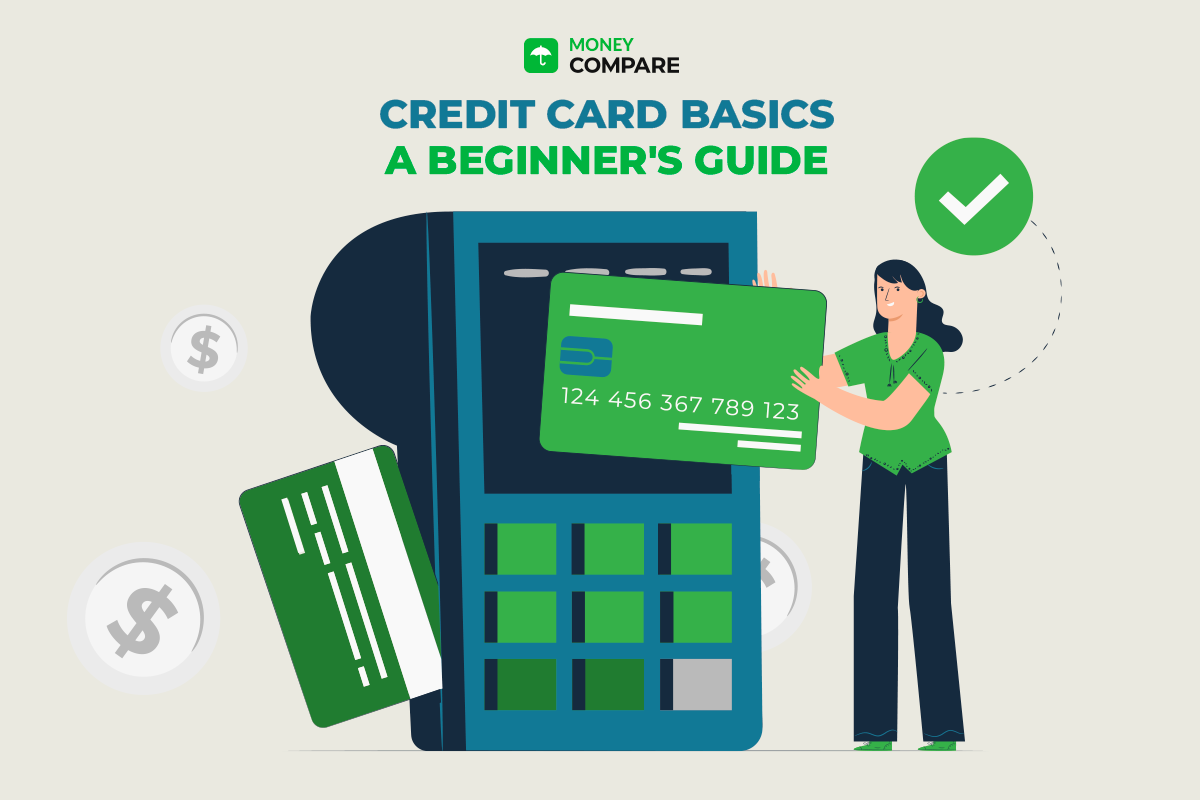How does a credit card work? And what are the benefits of using one?
A credit card can be a great way to manage your finances and reap awesome rewards. But they are a significant financial commitment and, if used irresponsibly, can create long-term debt and become quite the hassle. It’s important to know how to use them responsibly, and only spend within your means.
What is a Credit Card?
A credit card allows you to borrow ongoing money up to a certain set amount. You must pay this money back. The bank or financial institution who you borrow the money from will send you a bill at the end of each month. The amount of money you can borrow up to – known as the credit limit – will vary depending on your income, expenses, and credit score. This means that even if you apply for a credit card, you are not guaranteed to receive one.
Credit card suppliers will typically charge interest on the money that you borrow. You will typically have a period of time where the interest is not applied, and this can vary depending on the type of credit card you choose.
Who can get a Credit Card?
You must be 18 to receive a credit card. Anyone over this age can apply for a credit card. But bear in mind, you must meet lending criteria in order to receive a credit card. Your income, expenses and credit history must meet eligibility requirements – this is important because it means you won’t receive a credit card with a limit that is too high for what you can afford. For example, students will typically receive a credit limit of $500-$1000, which reflects their lower incomes. If you have a steady income, you can likely receive a greater choice of credit limits.
What is a 0% Interest Rate Credit Card?
Most credit cards will have a 0% interest rate period of time – also called interest free. This is a set amount of time, usually 30-60 days depending on the credit card, where the interest will not be charged. This is also the period of time you have before the balance is due. It is typically recommended that you only make purchases that you can pay off within this timeframe so that you can avoid incurring interest. If you can avoid paying interest, you can prevent falling into a cycle of debt, and remain within your means, so that you don’t spend outside of your budget!
Credit Cards Build Credit History
It’s important to remember that your credit card spending and repayment history will be recorded. This means that if you pay back your credit balance in full each month, you will build a high credit score – which can work well in your favour if you need to apply for a loan in the future such as a mortgage. On the other hand, if you fail to make regular repayments to your credit card, your credit score can get quite low. One of the golden rules of credit cards is to only spend what you can pay back within a month, or pay back regularly, so you can maintain a good credit score.
Airline Rewards Credit Cards
Some credit cards earn you points towards an airline’s rewards program every time to spend on the card. There are many credit cards in New Zealand that are partnered with Air New Zealand and its Airpoints Dollars program. So, whenever you spend a certain determined amount on the card, you will earn Airpoints. These Airpoints can add up over time, and help cover a portion of a flight to your favourite holiday destination. It’s important to note that credit cards that offer airline rewards often come with an annual credit card fee. You also must pay off the balance in full. Ideally, you should pay off the balance in full each month to ensure that you avoid interest, which would outweigh the value of Airpoints Dollars.
Cashback Credit Cards
Cashback credit cards work by giving you money when you make purchases on them. Cards will usually come with a 1% amount of cash back on the amount of money you spend in a year. For example, if you spend $10,000 in a year on the card, you would get $100 back. Once again, the balance of your credit card should be paid off in full each month, and you should avoid incurring interest to prevent it from outweighing the cashback rewards.



